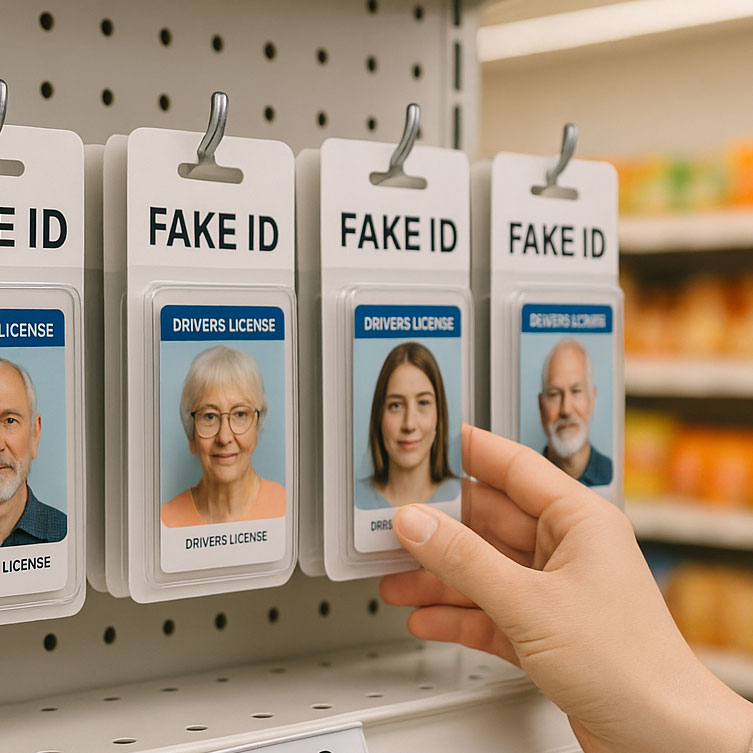A Historic Example: The 1996 Atlanta Olympics Bombing
In 1996, the Atlanta Olympics was marred by a tragic bombing that killed two people and injured 111 others. The attack was perpetrated by Eric Rudolph, who exploited lapses in security and staff oversight. While Rudolph himself was not a staff member, the investigation revealed numerous issues in the credentialing and screening processes of staff and volunteers. Some employees were found to have used fake IDs and false credentials, exposing significant vulnerabilities in the event’s security framework. This incident highlighted the critical need for robust background checks and stringent vetting procedures.
Types of Staff Involved
The scope of staff required for the Olympics is vast, encompassing various roles, each critical to the event’s success:
- Security Personnel: Responsible for maintaining safety and responding to emergencies.
- Volunteers: Assist with numerous tasks, from guiding visitors to supporting athletes.
- Medical Staff: Provide essential health services to athletes and attendees.
- Technical Staff: Manage the complex technological infrastructure.
- Catering and Hospitality Staff: Ensure the well-being and comfort of everyone involved. Each of these roles carries unique risks if occupied by individuals with malicious intent or inadequate qualifications.
Threats to the Event
The potential threats posed by inadequately screened staff are manifold:
- Security Breaches: Unauthorized access to sensitive areas, leading to theft, sabotage, or even terrorist attacks.
- Health Risks: Unqualified medical personnel could provide inadequate care, endangering lives.
- Operational Failures: Technical staff without proper credentials might fail to maintain critical systems, causing disruptions.
- Reputational Damage: Incidents involving fraudulent staff could severely tarnish the event’s reputation and lead to a loss of public trust.
Preventative Measures: The Role of Background Screening
Implementing comprehensive background screening processes is paramount to mitigating these risks. Effective measures include:
- Identity Verification: Ensuring all staff have legitimate and verified identification.
- Criminal Background Checks: Screening for any past criminal activity that might pose a risk.
- Credential Verification: Confirming the authenticity of qualifications and work history.
- Continuous Monitoring: Regular checks throughout the event to identify any emerging threats.
Had such measures been rigorously applied during the 1996 Atlanta Olympics, the risk of staff-related vulnerabilities could have been significantly reduced, potentially preventing the tragic bombing incident.
Robust checks are critical for success
The lessons from past events underscore the critical need for stringent staff screening at the 2024 Olympics. By prioritizing robust background checks and verification processes, the organizers can safeguard the event, ensuring a secure and successful celebration of global athletic achievement.




